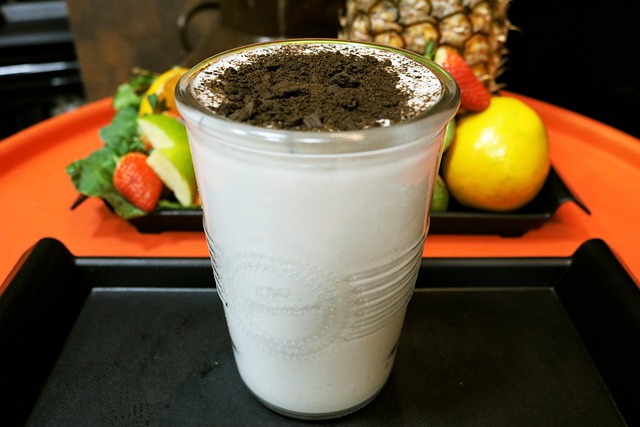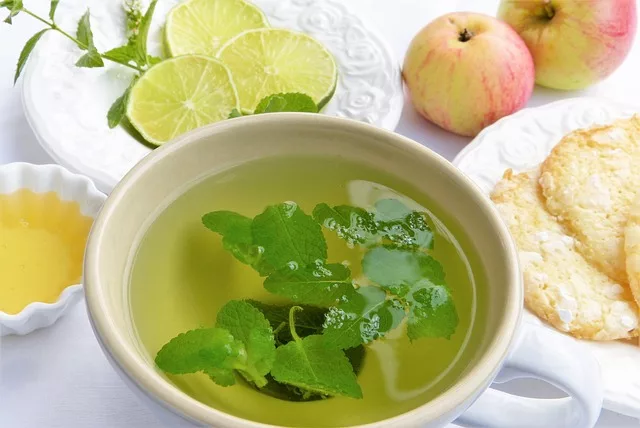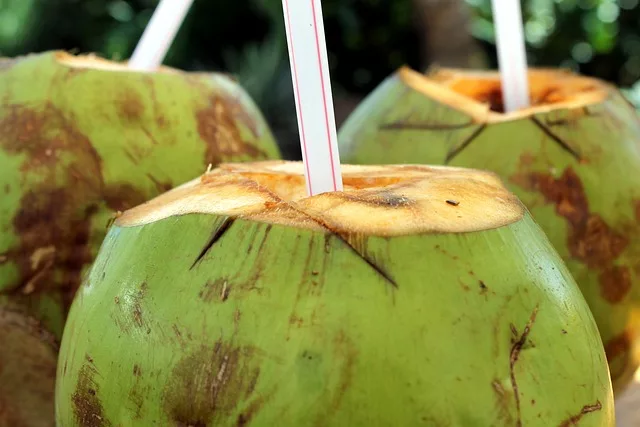Coconut water, the clear liquid found inside young coconuts, has gained popularity for its refreshing taste and numerous health benefits. Packed with essential nutrients and electrolytes, coconut water offers a natural and hydrating option. In this article, we will delve into what coconut water is, its health benefits, tips for selecting the best quality, and how to incorporate it into your diet for a healthy lifestyle.
What is Coconut Water?
Coconut water is the translucent liquid found inside green, young coconuts before they mature into hard, brown coconuts. It is distinct from coconut milk, which is extracted from the grated flesh of mature coconuts. Coconut water is a rich source of essential electrolytes, including potassium, magnesium, calcium, and sodium. It also contains vitamins, minerals, and antioxidants, making it a nutritious beverage.
Health Benefits of Coconut Water
- Hydration: Coconut water is an excellent natural source of hydration due to its high electrolyte content. It replenishes essential minerals lost through sweating, making it an effective post-workout drink or an alternative to sugary sports drinks.
- Electrolyte Balance: The electrolytes in coconut water, such as potassium and sodium, help maintain proper fluid balance in the body, support nerve and muscle function, and regulate blood pressure.
- Antioxidant Support: Coconut water contains antioxidants, including vitamin C and various polyphenols. These compounds help neutralize harmful free radicals, reducing oxidative stress and supporting overall cellular health.
- Heart Health: Some studies suggest that coconut water may have beneficial effects on heart health. Its potassium content can help lower blood pressure, while its magnesium content supports proper cardiovascular function.
Tips for Selecting the Best Coconut Water
- Choose Natural and Fresh: Opt for natural coconut water with no added sugars, flavors, or preservatives. Fresh coconut water from young coconuts is the best option. If purchasing packaged coconut water, look for brands that offer 100% pure coconut water without any additives.
- Check the Ingredients: Read the label carefully to ensure there are no added sugars, artificial flavors, or preservatives. Some brands may add these ingredients to enhance taste or prolong shelf life, so it’s crucial to choose the most natural option available.
- Look for Young Coconuts: Fresh coconut water from young coconuts tends to have a sweeter and more refreshing taste. If purchasing whole coconuts, select those with a green husk and feel heavy for their size. This indicates that they are young and contain more water.
Incorporate Into Your Diet
- As a Standalone Drink: Enjoy coconut water on its own as a refreshing and hydrating beverage. Drink it chilled or add ice cubes for a cooling effect, especially during hot weather or after physical activity.
- Smoothies and Juices: Incorporate coconut water into smoothies or juices to enhance flavor and provide added hydration. It pairs well with tropical fruits like pineapple, mango, or banana.
- Hydrating Mocktails: Create delicious and alcohol-free mocktails by combining coconut water with fresh fruit juices, herbs, and a splash of citrus. It offers a healthier alternative to sugary drinks.
- Pre- or Post-Workout Beverage: Use coconut water as a natural hydrator before and after exercise. It provides electrolytes and helps replenish fluids lost during physical activity.
- Culinary Uses: Coconut water can be used as a base for cooking rice, quinoa, or grains to infuse them with a subtle tropical flavor. It can also be incorporated into marinades or salad dressings.
Coconut water is a natural and refreshing beverage with numerous health benefits. It offers hydration, electrolyte replenishment, and antioxidant support. Choose natural and additive-free coconut water for your health. Coconut water is a delicious addition to a healthy and balanced lifestyle.
Water, Milk and More
-

Are Plant-Based Protein Drinks Good Alternative to Milk?
With the rising popularity of plant-based diets and the growing awareness of environmental and health concerns associated with dairy consumption, plant-based protein drinks have emerged as a prominent alternative to traditional milk. Derived from various plant sources like soy, almond, pea, and hemp, these beverages are promoted for their nutritional content, ethical appeal, and environmental…
-

Why Herbal Teas and Which Are the Best for Wellness
-

Coconut Water vs. Sports Drinks: Which One is Better for You?
-

Drink Coconut Water for Max Hydration and Energy
-

How to Support Fluid Balance with Natural Diuretics
-

The Impact of Coffee on Hydration: Myths vs Facts
-

Symptoms of Dehydration and How to beat it








Leave a Reply